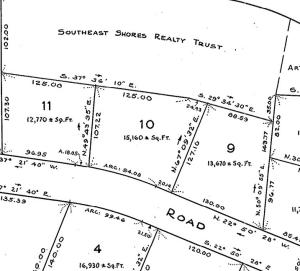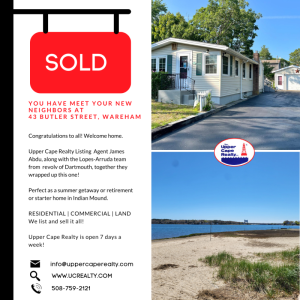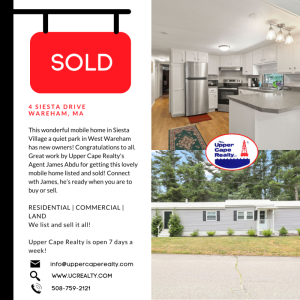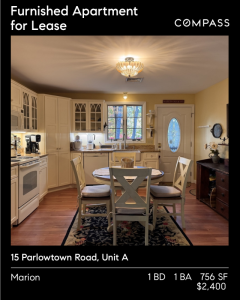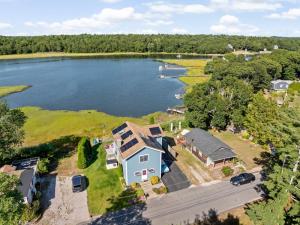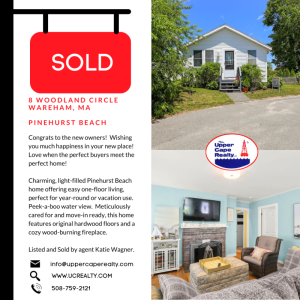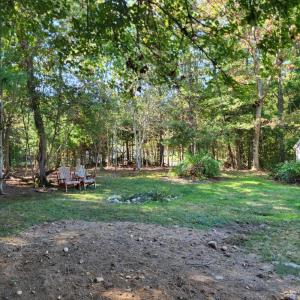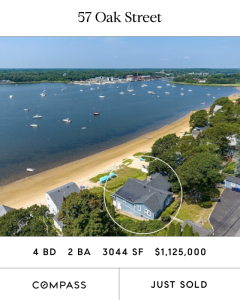Middleboro voters asked to support tax break for new company
MIDDLEBORO— Voters at the Oct. 7 Special Town Meeting will be asked to approve a tax break averaging 56% over 10 years for a manufacturer looking to construct a $33 million facility in town, Town Manager James McGrail told Select Board members at the Sept. 9 meeting.
Rexa, a manufacturer of electrohydraulic actuators now located in West Bridgewater, plans to construct a 110,000 square foot building on East Grove Street for its corporate headquarters and manufacturing operations. Electrohydraulic actuators are a type of hydraulic system that includes their own pumps.
Officials from the town and the company negotiated a tax increment financing agreement, informally known as a TIF, that would allow the company to make reduced tax payments for 10 years.
Tax increment financing programs are designed to “help towns remain competitive in attracting and retaining businesses’’ which would provide “short and long-term benefits to the town and the region,’’ according to material presented at the meeting.
The overall agreement is a good one for both the town and the company, McGrail said. “As with every good negotiation, neither party got [everything] they wanted and everybody left feeling like they made a great deal,’’ McGrail said.
Bringing Rexa to town shows that “Middleboro is open for business,’’ Select Board member Thomas White said.
Select Board members said they hope Rexa’s plan for Middleboro will encourage other companies to do the same.
The company is a good fit for town, McGrail said, in part because the firm focuses on light manufacturing and would not involve heavy truck traffic.
Rexa plans to create 25 new, permanent full-time jobs at the new location, in addition to the 100 full-time positions that will be retained. The manufacturer plans to give priority to qualified Middleboro residents for new jobs, company officials have stated.
The town worked hard to reach the final tax agreement, McGrail said, noting that the original proposal from Rexa was “far from’’ the final settlement.
The town insisted on no more than a 10-year agreement, although the program allows for up to a term of 20 years. Once the 10 years end, the town will receive the full tax value of the company, he said.
The company asked to “front load’’ the agreement, which means they receive their largest discount — 80 percent — in the first two years. That percentage drops each year, with the tenth-year reduction at 25%.
The town would still receive nearly $700,000 in new tax revenue over the 10 years, McGrail said. That figure is a conservative estimate, select board members noted, because the tax rate will likely increase over the years.
Other financial benefits would be realized as well, McGrail noted. Spending from employees and company officials will add about $1 million a year to town coffers, according to material presented at the meeting.
This includes spending at local restaurants, hotels for visitors and industrial services, among other topics.
The project cost is estimated at $33 million, including $7 million for land purchase, $20 million for hard and soft construction costs and $6 million for personal property costs.
The company hopes to break ground on the project in 2025, McGrail said.





















